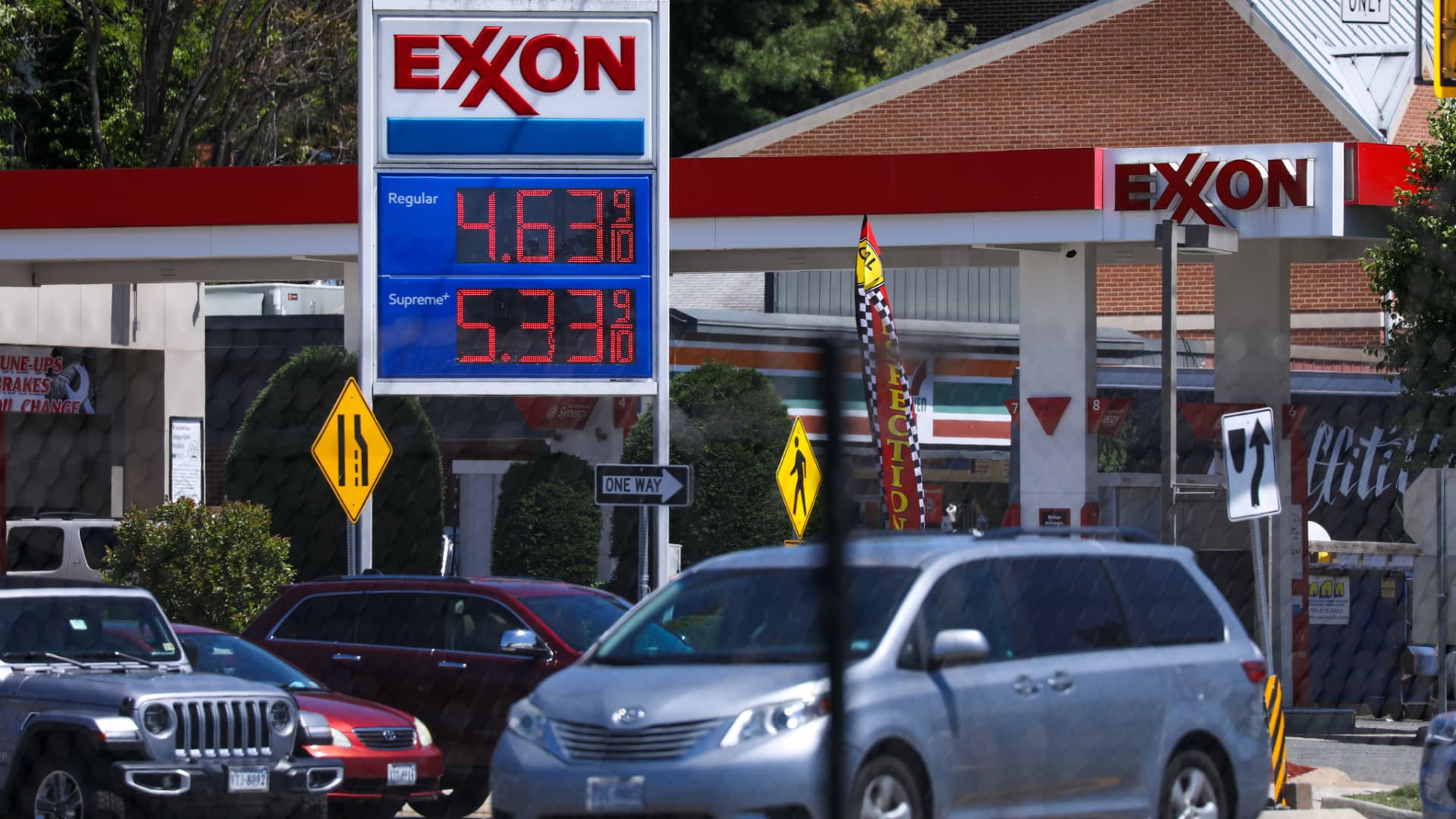Stay informed with free updates
Simply sign up to the US interest rates myFT Digest — delivered directly to your inbox.
The US Federal Reserve would put its credibility at risk if it prematurely declared victory in its fight against inflation and then had to raise interest rates again, one of the central bank’s top officials warned on Wednesday.
Mary Daly, president of the Federal Reserve Bank of San Francisco, told the Financial Times that recent economic data showing a further deceleration in inflation was “very, very encouraging” and indicated that the Fed’s policies are proving effective.
But Daly refused to rule out another interest rate increase, given uncertainty about whether the central bank has done enough to push consumer price growth back down to its 2 per cent target.
The Fed should be “thoughtful, take our time, not rush to judgment and not make declarations”, Daly said. “We have to be bold enough to say ‘we don’t know’ and bold enough to say ‘we need to take the time to do it right’.”
“What I worry about is that without a sufficient amount of information about whether we’re really on that disinflationary process that brings us back to 2 [per cent], we have to ‘stop-start’,” she said, referring to an outcome in which the Fed says it is done tightening monetary policy but then has to abruptly reverse course.
“People need to plan and if you’re in a ‘stop-start’ mentality, then that’s really disruptive. It also ultimately tears at credibility.”
The Fed has kept its benchmark policy rate steady at a 22-year high of 5.25-5.5 per cent since July and appears poised to hold the level steady at its final meeting of 2023 next month.
Daly said the risks of over-tightening monetary policy — causing unnecessary economic pain and job losses — versus doing too little and letting inflation settle at a higher level were broadly balanced.
She indicated little concern about the recent sharp fall in US government bond yields in recent days, which has loosened financial conditions. Before the bond rally, Fed officials had suggested that the higher yields, if sustained, could offset the need for further rate rises from the central bank.
Daly said she expected housing and services-related inflation to fall further but would keep watching for signs that resurgent demand or renewed supply problems were threatening the improvement.
The San Francisco Fed president expected economic growth to cool, but said she thought the risk of a significant slowdown or steep rise in unemployment had lessened.
“None of the concerns that I’m hearing are really about a dire, fall-off-the-cliff economy,” Daly said in her interview with the FT.
Asked about her approach to rate cuts next year, Daly — who will then be a voting member on the Federal Open Market Committee — said the debate would be less about easing policy and more about “normalising” rates after an extended period of “very restrictive” settings.
“At some point, we won’t want to be sufficiently or very restrictive, we’ll want to be bringing policy to a more normal path because we think the economy is in train to be normalising,” she said.
As it weighs monetary policy, Daly said she would use one-year-ahead inflation expectations and the performance of the real economy as a gauge. Rate cuts are “not happening for a while”, she added.
















